ECC’s Better Brain Campaign aims to improve the lives of Stillwater’s families by ensuring that all parents and caregivers can learn simple ways to make the most of the time they spend with children from birth to 5 years old. We are partnering with other community stakeholders to create awareness and opportunity for growth.
Why Build Young Brains?
From Birth to Age Three
A child’s brain grows rapidly, producing more than 1 million neural connections per second. By age three, the brain has achieved 80% of its adult size.
Early experiences shape the brain for learning, health, and lifelong success in school and work.. Adverse early experiences—such as poverty or maltreatment—can weaken babies’ brain development and follow them their entire lives, placing them at greater risk for later school failure and health problems as adults.
The Basics
Our campaign centers on The Basics, five parenting and caregiving strategies that support young children’s social, emotional and cognitive development. They were developed from research by the Achievement Gap Initiative at Harvard University in collaboration with a national expert advisory committee. The Basics don’t require fancy toys or extra hours in the day – they can be a part of everyday routines at home and school.
maximize love, minimize stress
Babies and toddlers thrive when their world feels loving, safe, and predictable. Respond with smiles, words, and touch to help them see, hear, and feel your love. Your warm and responsive caregiving will help them develop a sense of security and self-control.
talk, sing and point
Babies learn language from the moment they are born. When they try to communicate, look at them and respond with a caring face and voice. Pointing helps them know what you are talking about.
count, group and compare
Our brains are wired for math from birth. Talk about numbers, shapes, and patterns throughout the day. Clapping to a beat, sorting the laundry, and counting spoons are natural math-building opportunities.
explore through movement and play
Young children learn by playing with the people and objects in their world. They are scientists who discover, test, and build their own knowledge. Watch to see what interests your child, then encourage their curiosity and active exploration.
read and discuss stories
Read together every day, right from the beginning. Talk about what you read. Relax and have fun. Focus on helping your children learn to love books, and they will be ready to learn how to read when the time is right.







